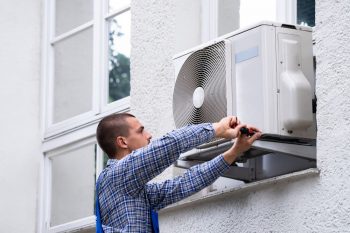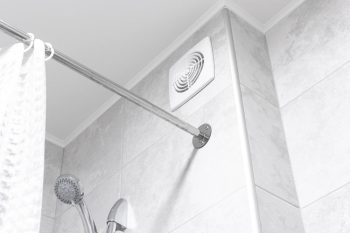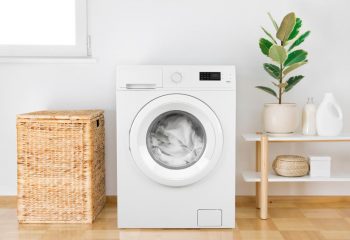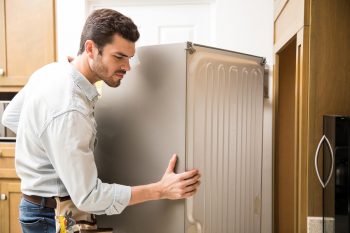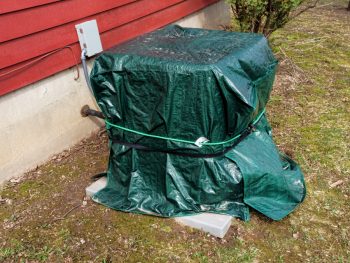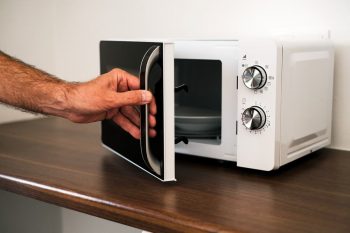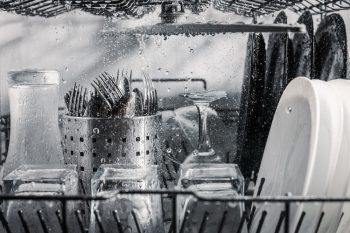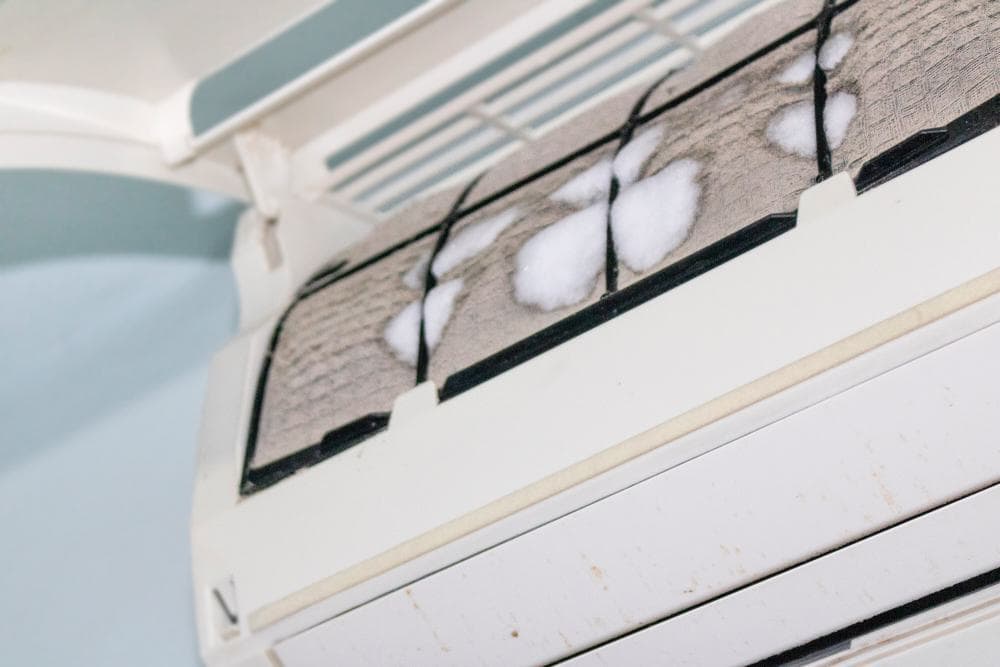
Air conditioning units are a staple in many homes and offices, providing a comfortable and cool environment, especially during the hot summer months. However, a common question that many people have is, “how long can an AC stay on?” In this comprehensive guide, we’ll delve into this topic, exploring various factors that influence the AC’s running time, potential problems from overuse, and tips to maximize efficiency and longevity.
The length of time an AC can stay on depends on various factors such as the type and size of the unit, thermostat settings, regular maintenance, and the climate and environmental conditions. However, it is not recommended to keep your AC running continuously. Overuse can lead to increased energy consumption, faster wear and tear, and potential breakdowns. Regular maintenance and smart usage can help extend the lifespan of an AC unit.
Factors Affecting the AC’s Running Time
Several factors can affect how long an AC can stay on, including:
Type and Size of the AC Unit
Different types of AC units, such as single-stage, two-stage, and variable-speed air conditioners, have different operational capacities. For instance, single-stage air conditioners operate at 100% capacity all the time, while two-stage and variable-speed air conditioners can operate at lower capacities for longer periods.
Thermostat Settings
Setting your thermostat to energy-efficient temperatures can reduce the workload on the AC unit, extending its longevity. According to a Consumer Reports survey, the best setting for central air conditioning is around 71°F. However, you can save about 3% on your utility bill for every degree you raise the set temperature.
Regular Maintenance
Regular maintenance, such as cleaning filters and coils, ensures optimal performance and a longer lifespan. Neglecting these tasks can lead to a decline in air conditioning performance and an increase in energy use.
Climate and Environmental Factors
Extreme weather conditions, such as high temperatures and humidity, can put additional stress on the system. Harsh environmental factors like excessive dust can also affect the AC’s performance.
The Lifespan of an AC Unit
The average lifespan of an air conditioning unit varies depending on factors such as the type of unit, usage, maintenance, and climate. Generally, central air conditioners can last between 10 to 20 years, with an average lifespan of 15 to 20 years. Window AC units tend to last about 8 to 10 years, while portable AC units have a lifespan of 5 to 10 years. Ductless mini-split AC systems can last up to 20 years. Proper maintenance, regular inspections, and ensuring your home is well-insulated can help prolong the life of your air conditioning system.
Potential Damages from Overuse
Leaving an air conditioner running for an extended period can lead to several potential issues, including increased energy consumption, faster wear and tear on the unit, and even breakdowns. Some of the signs that an AC has been running for too long include inefficient cooling, high humidity levels, unusual noises, high electricity bills, and tripped circuit breakers.
Tips to Maximize Efficiency and Longevity
To maximize the efficiency of your AC unit and allow it to run longer, follow these tips:
- Seal all air leaks in the ductwork with caulk to prevent cool air from escaping.
- Set your thermostat at 78 degrees or higher when the air conditioner is in use.
- Insulate and weatherize your home to maintain a comfortable temperature while using a higher thermostat setting.
- Check and change filters regularly to ensure proper airflow and system efficiency.
- Use a programmable thermostat to adjust the temperature when you’re not at home.
- Schedule professional maintenance at least once a year.
In conclusion, there is no simple answer to how long an AC can stay on. It depends on various factors, including the type and size of the unit, the thermostat settings, regular maintenance, and the climate and environmental conditions. However, with proper care and maintenance, an AC unit can efficiently cool your home for many years. Remember, if you notice any issues with your AC unit, such as constant running or inefficient cooling, it’s best to consult a professional HVAC technician for assistance.
Frequently Asked Questions
What is the best way to clean an AC filter?
The best way to clean an AC filter depends on the type of filter your unit has. For reusable filters, turn off the unit, remove the filter, and gently clean it with a soft brush or vacuum. For stubborn dirt, you can rinse it with warm water and mild detergent. Let it dry thoroughly before reinserting it into the unit. Disposable filters should be replaced when they become dirty, usually every 1-3 months depending on usage and air quality.
What are some signs that my AC unit needs maintenance?
Some signs that your AC unit needs maintenance include: it’s not cooling your home effectively, it’s making unusual noises, it’s emitting unpleasant odors, your energy bills have increased unexpectedly, or the unit is constantly running. It’s also recommended to schedule regular maintenance at least once a year to keep your unit running efficiently.
How do I know when it’s time to replace my AC unit?
Some signs that it might be time to replace your AC unit include: the unit is over 10-15 years old, it’s frequently breaking down, it’s not cooling your home effectively, or your energy bills have significantly increased. However, it’s best to consult with a professional HVAC technician to make a final decision.
What is a programmable thermostat and how does it help?
A programmable thermostat is a device that allows you to set different temperatures for different times of the day. It can help save energy and lower your utility bills by adjusting the temperature when you’re not at home or during the night when it’s cooler. Some programmable thermostats can even be controlled remotely via a smartphone app.
What does it mean to weatherize my home?
Weatherizing your home means preparing it for extreme weather conditions to maintain a comfortable indoor temperature. This can include sealing air leaks, insulating walls and attics, installing energy-efficient windows, and using weatherstripping around doors and windows to prevent drafts.


